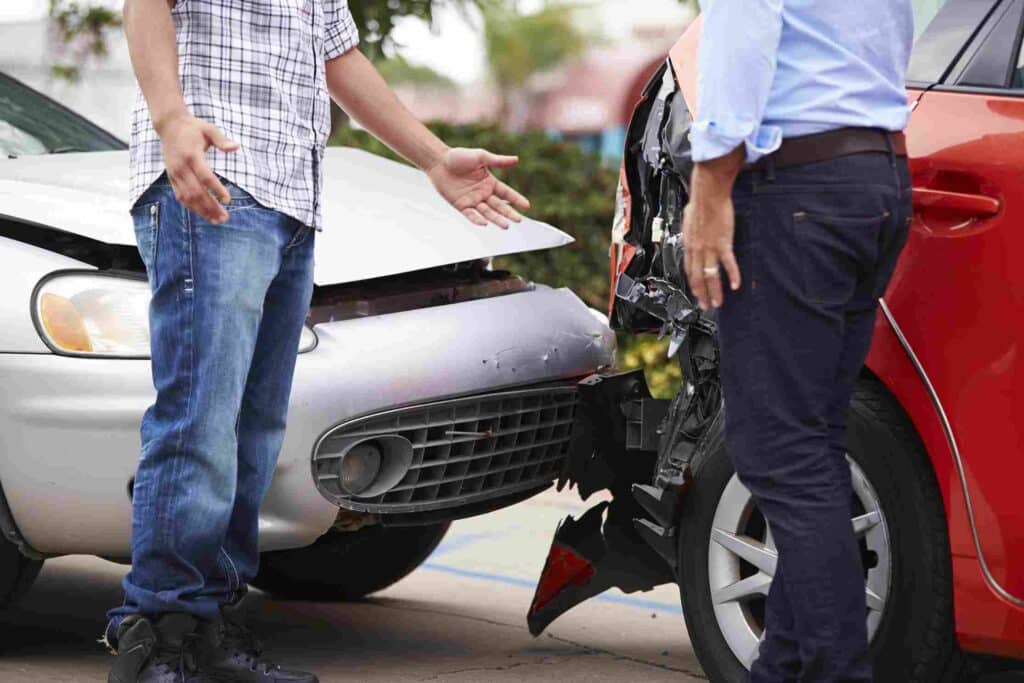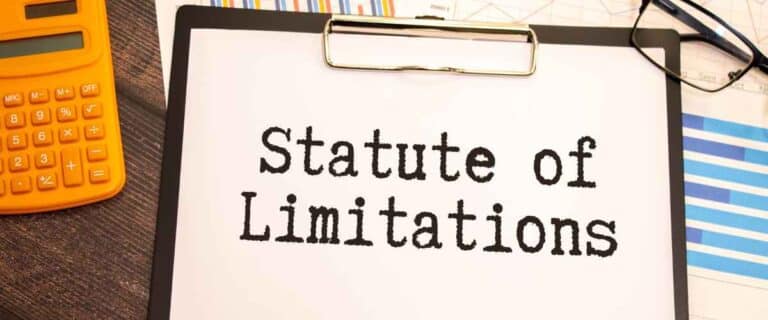Being involved in a car accident is a scary situation. When the accident occurs, you may be overwhelmed and injured, making it difficult to think about fault, negligence, and compensation.
However, if your accident was caused by someone else, these are all things you must eventually consider. At Bernard Law Group, our experienced Washington car accident attorneys understand the stress and cost of car accidents. We also understand the law in Washington State that dictates how negligence is determined and whether you can recover compensation.
Comparative Negligence and What It Means for Your Washington Car Accident
Comparative negligence is a legal principle used in Washington State to determine fault and award damages in car accident cases. Unlike other states where any degree of fault can bar a claimant from receiving compensation, Washington’s approach allows for a more flexible examination. This means that even if you were partially at fault for the accident, you could still be eligible for compensation.
Under this rule, the compensation you’re entitled to receive will be reduced by your percentage of fault. This system ensures a fairer distribution of damages, reflecting each party’s contribution to the accident.
Navigating Your Car Accident Claim
The application of comparative negligence in Washington means your actions before and during an accident are crucial. For instance, if you’re found to be 30% at fault in an accident because of distracted driving, your compensation from the other party (found to be 70% at fault) will be reduced by your share of the blame.
The Role of a Washington Car Accident Attorney
Navigating the comparative negligence rule requires understanding Washington’s traffic laws and a strategic approach to case presentation. Here’s where the expertise of a Washington car accident attorney becomes invaluable:
- Case Evaluation: An experienced attorney can provide a realistic assessment of your case, helping you understand your position within the comparative negligence framework.
- Evidence Gathering: Proving the extent of the other party’s fault and minimizing your demands rigorous evidence collection. Attorneys have the resources to gather necessary documentation, witness testimonies, and expert opinions.
- Negotiation with Insurance Companies: Insurance adjusters often seek to minimize payouts by arguing a higher degree of fault on your part. A seasoned injury lawyer in Washington can negotiate effectively, ensuring your side is fairly represented.
- Legal Advocacy: If your case goes to court, having a knowledgeable lawyer to present your case and argue the concept of comparative negligence can significantly affect the outcome.
When to Contact an Injury Lawyer in Washington
After an accident, it is essential to take the right steps, which includes contacting an injury lawyer in Washington. Some of the times you should promptly contact legal representation include:
- You’ve suffered injuries, no matter the initial assessment of fault.
- The apportionment of fault is unclear or disputed.
- You’re facing significant medical bills or loss of income.
- The insurance settlement offer seems unjustly low.
Common Misconceptions About Comparative Negligence
Many individuals hesitate to pursue claims, fearing their partial fault might nullify their case. However, the comparative negligence rule ensures that justice is not black and white but apportioned according to actual fault. An injury lawyer in Washington can help dispel myths and clarify how the rule applies to your situation.
Maximizing Your Claim Under Comparative Negligence
Achieving a fair settlement under the comparative negligence rule involves several vital strategies:
- Document Everything: From accident scene photos to medical records, comprehensive documentation can bolster your position.
- Be Mindful of Statements: Post-accident, you must be careful about what you say to insurance adjusters or the other party, as these statements can impact fault determinations.
- Seek Legal Advice Early: Consulting with a Washington car accident attorney early on can guide you through the process and help avoid common pitfalls.
Protecting Your Right to Compensation After a Washington Car Accident
Washington State’s comparative negligence rule offers a fair and balanced approach to resolving car accident cases, recognizing that fault can be shared. It is crucial to understand this rule and how it impacts your case, whether seeking compensation or defending against a claim. By enlisting the help of a knowledgeable Washington car accident attorney, you can confidently navigate this complex landscape, ensuring your rights are protected and you receive the compensation you deserve.
Navigating the intricacies of car accidents and the legal system in Washington State doesn’t have to be a journey you take alone. With the right guidance and expertise, you can understand and effectively leverage the comparative negligence rule in your favor, turning a challenging situation into a manageable one.




